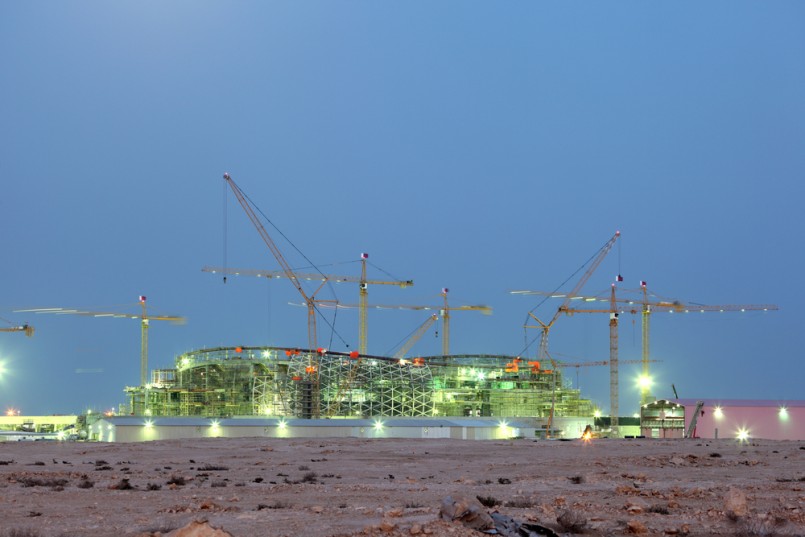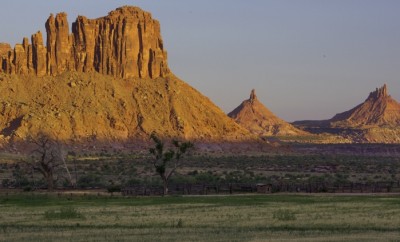Asia
The High Cost Of Prestige In Qatar
The High Cost Of Prestige In Qatar
Amid allegations of bribery, corruption, and scandal, Qatar, a tiny nation on the Arab Gulf, is preparing to host the 2022 World cup. The choice has generated a significant amount of controversy, with critics arguing that the country lacks the infrastructure, population, or climate conditions to host this kind of event. Many have alleged that the choice was motivated more so by $5 Million in bribes paid to the nominating committee than by the interest in the future of the sport.
Qatar, seeking to address these criticisms, has embarked on a whirlwind of construction projects designed to bring the countries sporting infrastructure up to international standards. Yet amidst all the controversy, yet another, more troubling issue has arisen in the lead-up to the World Cup.
Finding the domestic supply of labor either insufficient or too expensive, Qatari companies have aggressively recruited foreign workers, predominately from Nepal and the Indian subcontinent. Enticed by promises of generous pay and good working conditions, workers are brought en-mass to Qatar, where many have alleged they find themselves working in conditions similar to slavery, according to Amnesty International.
Often when the workers arrive, they are stripped of their passports and herded into large camps, where they have no access to legal recourse, and without their passport no chance to leave. Living conditions are horrendous, with men forced to sleep twelve to a room with no running water or air conditioning in the sweltering Qatari summer.
More than 1,200 workers have been confirmed dead as a result of heat stroke and accidents though many consider that number to be a gross under-estimate. The government of Qatar has been reluctant to make any serious moves against this practice. And most of its promises to investigate the issue have been met with incredulity.
So what does the World Cup offer that the government of Qatar is so willing to purchase with blood? Prestige.
The World Cup is essentially a massive commercial for Qatar, granting it millions of eyes to promote tourism and its businesses. That’s not to mention the generous government subsidies finding their way into the pockets of the construction companies performing the work.
The average people of Qatar are less likely to see any significant benefit from the World Cup, which though it promises national recognition, often costs a nation’s taxpayers more than it benefits them.
It remains to be seen if international pressure can succeed in motivating the Qatari construction firms to move towards better working conditions, and thus far, few seem to be interested in pursuing justice for their workers.
Hopefully by the time the World Cup opens in 2022, the celebrations surrounding the games might be tempered with recognition of the human cost that made them possible.






0 comments